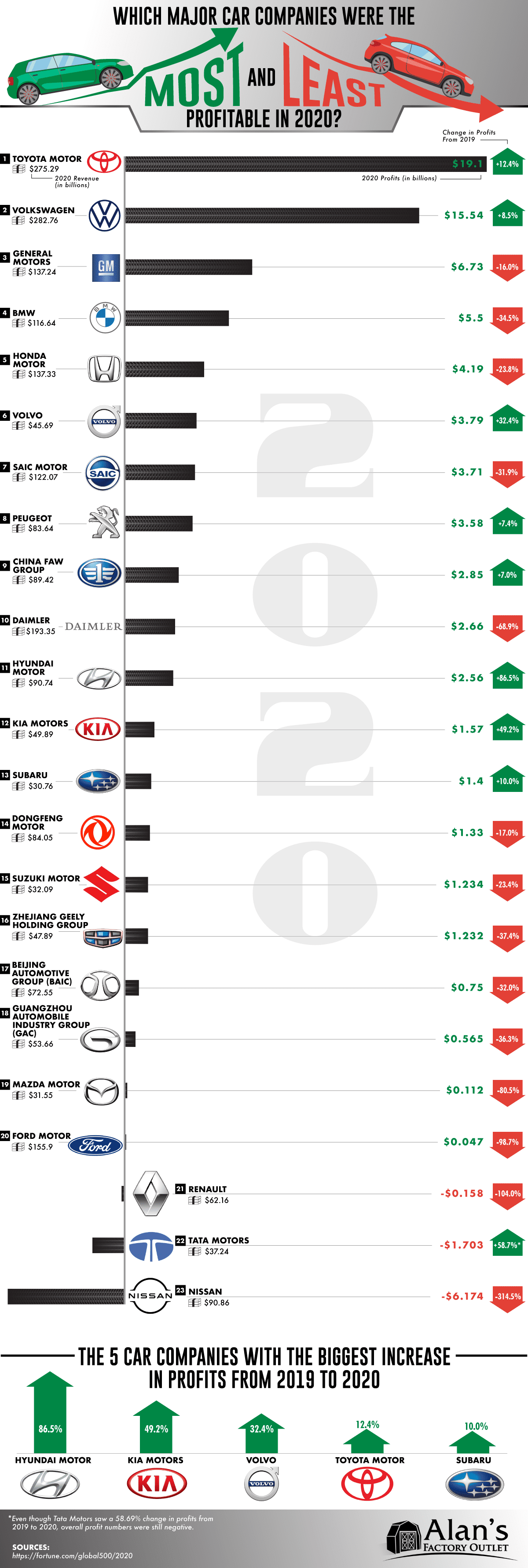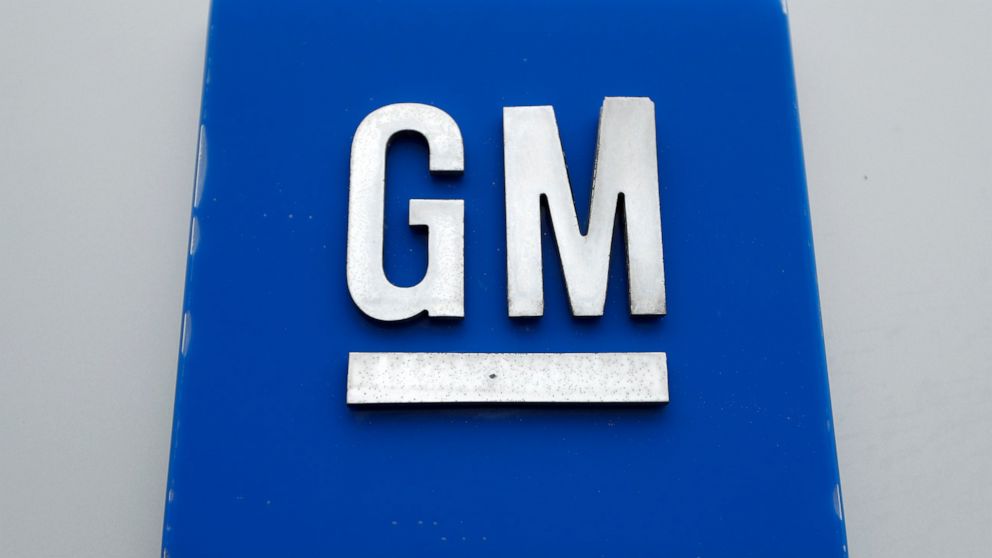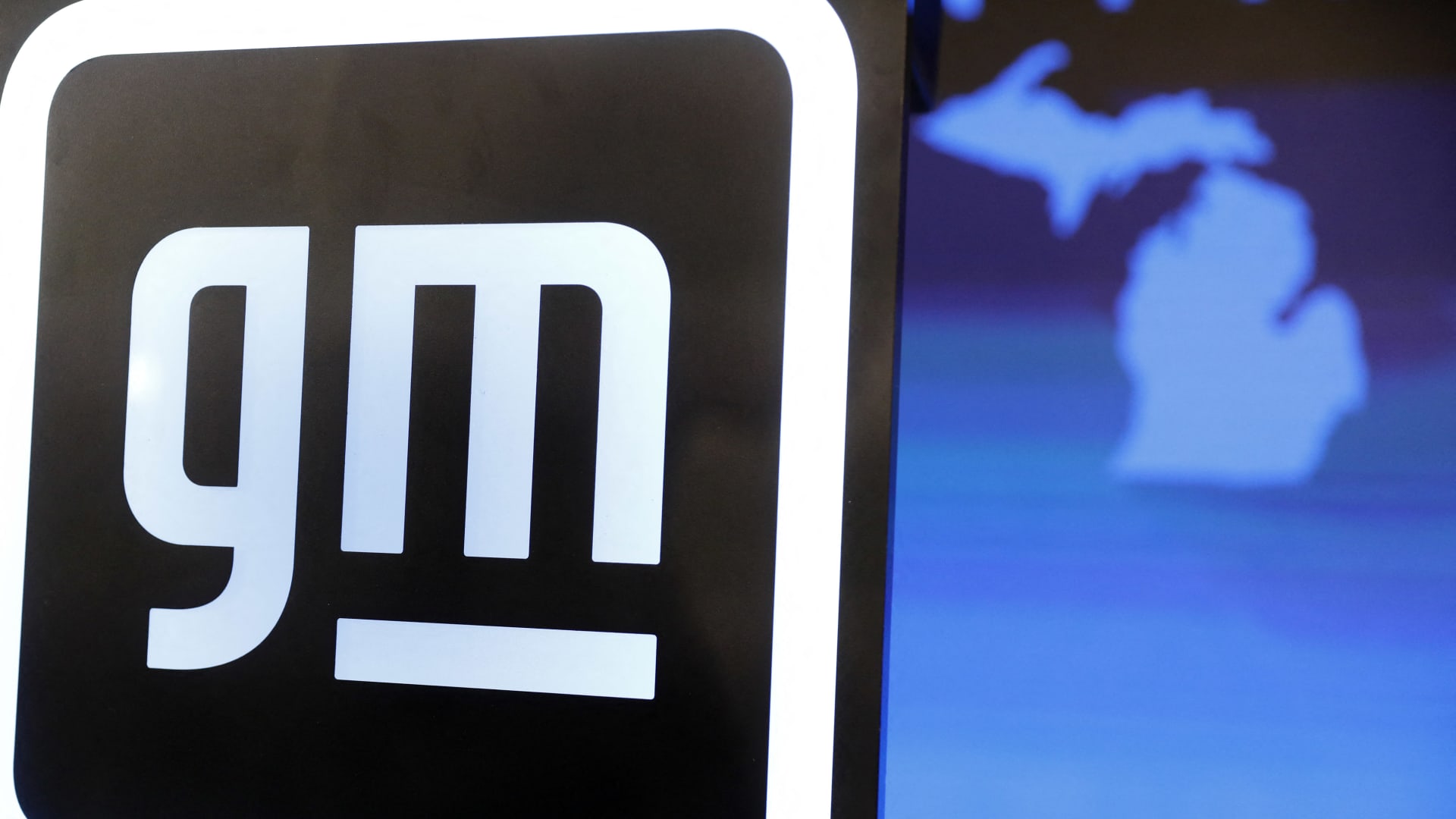Nobody is making money other than Tesla on EVs
I hear this argument a lot, but I’m not convinced. I believe Ford said the Mach E was profitable, and GM said the Hummer and future EVs would be profitable. I am not sure the Bolt makes money, but it seems kind of like an urban legend that it loses a ton of money — do we have any actual reference? I’m not sure the ID series is profitable for VW but I’m not sure it’s not. If the Taycan isn’t profitable then Porsche really has problems. No idea on the eTron, iPace, or any others. I assume the Wuling Hongguang Mini makes money — perhaps 30 cents and only after incentives — but why make so many otherwise?
Partly it’s hard to disentangle R&D and capital expenses for EVs in a giant company that does the same for ICE, so perhaps the fully loaded cost is not yet profitable, except these big companies can clearly afford those expenses right now. If each incremental car built costs less to manufacture than the price it’s sold for, that might be adequately “profitable” for now. But then they have to reach a certain scale to make the factory efficient and without enough chips or batteries that’s likely difficult. I think their threshold must be lower than for Tesla, though. A lot of these ICE car models sell only what, tens of thousands a year and that’s still OK? The OEMs must do better at splitting a big factory across several models?
Bottom line, a lot of people seem to have a gut feel that EVs are not profitable for OEMs, but i have seen very few hard numbers, and I’m not sure if anyone with mixed ICE/EV fleets is publishing specific breakdowns. Sergio Marchionne famously said don’t buy our EVs because they’re so unprofitable, but that’s nearing a decade ago. Do we have any more recent specifics? I would be really interested if Ford has said anything about the Mach E since that was supposedly a whole separate program with its own R&D team and all, so they must have the standalone numbers for it.





